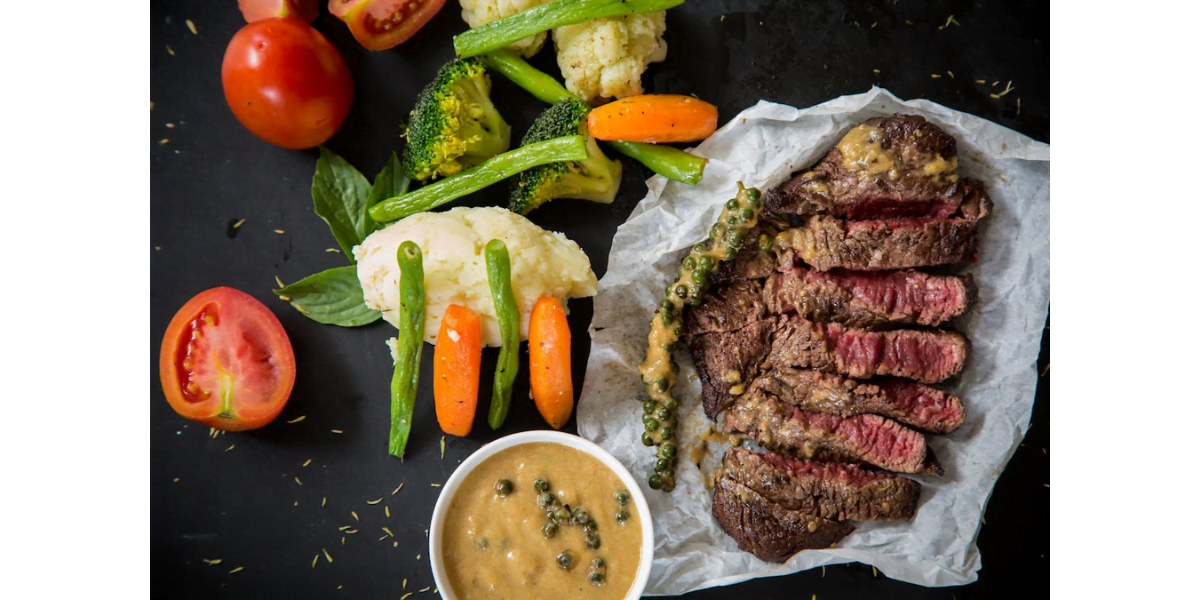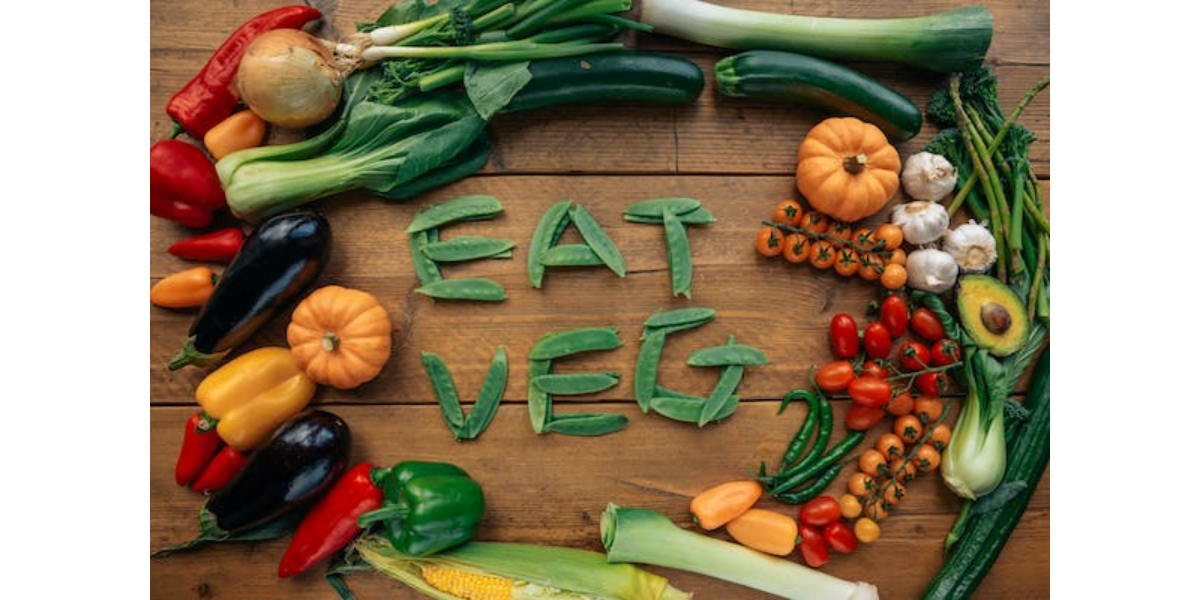Several good sources of protein exist. In this article, you are going to learn the best of the that will aid your growth.
The development, maintenance, and repair of tissues in our bodies depend heavily on the macronutrient protein.
Getting enough of it is important whether your goal is to lead a healthy lifestyle or to improve your performance as an athlete.
In this post, we’ll examine the numerous sources, both animal and plant-based, that can give you the components of a wholesome and well-balanced diet.
For good reason, this essential nutrient for the body is frequently referred to as the “building block” of life.
It contains amino acids, which are necessary for the synthesis of enzymes, hormones, and antibodies as well as the maintenance and development of muscles, bones, and other tissues.
Your nutritional requirements can be met and your general well-being can be supported by including some protein in your daily meals.
Before we zoom in on what the good sources of protein are, let’s understand what protein is, and why we need it.
READ ALSO: Healthiest Vegetables That Nourish Your Body Naturally
What Is Protein?

Here, you will learn about what proteins are, why you need them, and the daily requirements that will aid your growth and other processes.
A macronutrient called protein is made up of lengthy chains of amino acids.
These amino acids serve as the building blocks for the development and maintenance of tissues, enzymes, and other vital compounds in our bodies.
There are 20 different amino acids, some of which can be produced by our bodies, while others, referred to as essential amino acids, must be consumed through diet.
Numerous biological activities, such as tissue growth and repair, hormone and enzyme synthesis, as well as process regulation, all depend on protein.
It is crucial, particularly for people who exercise or do strength training, during growth spurts during childhood and adolescence.
Depending on variables including age, sex, weight, and amount of activity, different daily protein intakes are advised.
The average inactive adult needs roughly 0.8 grams of protein for every kilogram of body weight, as a general rule.
Athletes, women who are pregnant or nursing, and people who are healing from injuries might require more protein.
Now that we know what proteins are, what good sources of protein exist for us?
READ ALSO: Healthy Snacks for Weight Loss: See These 10 Snacking Options
There are several good sources of protein, but what you will read about here are the best of them that we think would help.
Proteins can be obtained from both plants and animals, so we will look at both animal-based and plant-based sources.
Good Sources of Protein: Animal-Based

Animal-based protein sources are abundant in essential amino acids and are especially advantageous for people who want to efficiently meet their protein needs.
Here are some top places to find animal protein:
1. Lean Meats and Poultry
The best animal-based high-quality proteins are lean meats like chicken, turkey, and lean cuts of cattle or hog.
They supply vital elements like iron, zinc, and vitamin B12 in addition to being abundant in critical amino acids.
2. Fish and Seafood
In addition to being delicious, fish and seafood are also very protein-rich.
Omega-3 fatty acids, which provide several health advantages, are also rich in fatty fish like salmon, mackerel, and sardines.
3. Eggs and Dairy Products
Dairy items like milk, cheese, and yogurt as well as eggs are flexible animal-based proteins.
They include a variety of vital minerals, including calcium, vitamin D, and vitamin B12, and are conveniently available.
READ ALSO: Easily Digested Foods Good For You
Good Sources of Protein: Plant-Based

We have seen good sources of animal-based proteins, let’s look at plant-based ones.
For people who eat a vegetarian, vegan, or flexitarian diet, plant-based proteins come in a number of forms.
These sources are frequently abundant in phytochemicals, fiber, vitamins, and minerals.
Here are some options for plant-based protein:
1. Legumes and Pulses
Not only are legumes like lentils, chickpeas, black beans, and kidney beans great proteins, but they also provide a lot of fiber.
They are adaptable elements that go well in soups, stews, salads, and other dishes.
2. Grains and Cereals
Carbohydrates and protein are both present in grains and cereals such as quinoa, oats, brown rice, and whole wheat products.
They can be added to recipes or used as a foundation for meals to enhance nutrition.
3. Nuts and Seeds
In addition to being a fantastic source of protein, nuts, and seeds like almonds, walnuts, chia seeds, and flaxseeds also contain fiber, healthy fats, and minerals.
They can be eaten as snacks, included in smoothies, or added as a garnish to a variety of dishes.
READ ALSO: Health Benefits Of Mushrooms; Top 5 Benefits
4. Soy Products
Tofu, tempeh, and edamame are examples of soy products that are complete protein sources because they contain all nine essential amino acids.
They are adaptable and can be used in salads, stir-fries, and many other meals in place of meat.
5. Vegetables and Leafy Greens

Vegetables and leafy greens still contribute to your daily protein intake even though they may not have as much protein per serving as other sources.
Vegetables like broccoli, spinach, and Brussels sprouts contribute important nutrients and raise the protein value of your meals.
These are good sources of protein from both animals and plants.
Proteins that are animal or plant-based can be combined if one desires.
Combining various proteins, whether they come from animals or plants, can help you acquire a variety of amino acids and increase the nutritional content of your meals.
For instance, adding almonds to a salad or combining legumes with grains can generate a full protein profile.
For people who need more protein or find it difficult to get it from whole meals alone, protein powders and supplements might be practical solutions.
Prior to adopting them into your routine, make sure to pick high-quality goods and seek advice from a certified nutritionist or healthcare provider.
Cooking and Preparing Protein-Rich Foods

It’s crucial to think about cooking techniques that maintain nutrients if you want to get the most out of your protein-rich foods.
Deep-frying is not as healthy as grilling, baking, steaming, or sautéing.
To avoid foodborne infections, it’s also essential to handle and store animal-based proteins safely.
Protein for Different Dietary Preferences and Restrictions
There are proteins from several places, both plant and animal-based, that are available to meet your needs, regardless of your dietary preferences or restrictions.
READ ALSO: How to Stop Armpit Sweat: Practical Tips To Help Stop It
You can discover a variety of protein-rich foods to include in your meals, including alternatives for vegetarian, vegan, and gluten-free diets as well as omnivorous diets.
Benefits of Including Protein in Your Diet
Having discovered these good sources of protein available to you, what do you gain by including them in your diet?
Getting enough protein in your diet has a number of advantages, such as:
- Enhanced muscle growth and repair
- Improved satiety and appetite control
- Increased metabolism and calorie burning
- Better bone health and prevention of osteoporosis
- Maintenance of healthy skin, hair, and nails
- Support for a healthy immune system
Good Sources of Protein: Protein and Weight Loss

In terms of controlling weight, protein is important.
During calorie restriction, it helps to promote fullness, lessen cravings, and maintain muscle mass.
Meals that are high in protein can help you lose weight and encourage long-term weight maintenance.
Protein and Muscle Building
Protein is essential for maintaining and repairing muscle.
Whether you’re a sportsperson or do resistance training, getting enough protein can help you maximize your muscles’ ability to grow and heal.
After exercise, combining protein and carbs can improve muscle protein synthesis.
Protein for Vegetarians and Vegans

Protein requirements for vegetarians and vegans can be satisfied by a variety of plant-based proteins.
People who adopt these dietary patterns can receive all nine essential amino acids by combining various plant-based proteins, such as legumes, grains, nuts, and seeds.
Conclusion
The importance of protein to our overall health and well-being cannot be overstated.
You can make sure you’re meeting your daily needs and promoting healthy bodily function by including a range of proteins in your diet.
There are many choices accessible to fit your nutritional tastes and demands, whether you select sources that are based on animals or plants.
FAQs On Good Sources of Protein
1. How much protein should I consume daily?
Depending on variables including age, sex, weight, and amount of activity, different daily protein intakes are advised.
The average inactive adult needs roughly 0.8 grams of protein for every kilogram of body weight, as a general rule.
2. Can I get enough protein from a vegetarian or vegan diet?
Yes, by including a variety of plant-based proteins in your diet, you can acquire enough protein from a vegetarian or vegan diet.
All nine essential amino acids can be obtained by combining legumes, grains, nuts, and seeds.
3. Are protein supplements necessary?
For people with higher protein needs or those who find it difficult to satisfy those needs through whole foods alone, protein supplements can be helpful.
Prior to introducing them into your routine, it’s crucial to pick high-quality items and speak with a healthcare provider.
4. Can protein help with weight loss?
Yes, incorporating protein in your diet can help you lose weight by keeping muscle mass as you restrict calories, enhancing satiety, and reducing cravings.
Foods high in protein can help you lose weight and encourage long-term weight maintenance.
5. What are some simple ways to add protein to my meals?
Lean meats, chicken, fish, eggs, dairy products, legumes, nuts, seeds, and soy products can all be used as proteins in your meals.
You can increase the amount of protein in your diet by including protein-rich items in salads, stir-fries, smoothies, and snacks.

